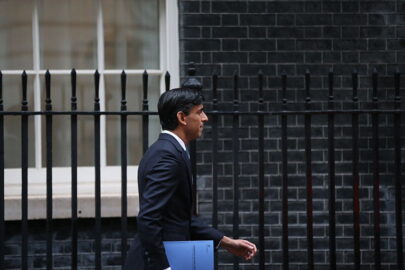An extension of the current stamp duty holiday could be fiscally positive for the Treasury, according to research commissioned by Kensington Mortgages.
If there was a retention of the threshold for paying Stamp Duty Land Tax (SDLT) at its current level of £500,000, then there would be new tax revenues – generated by higher transaction volumes, increased property prices, household consumption, and housing market activity – ranging between £2.3 and £4.1 billion.
According to analysis by the Centre for Economics and Business Research (Cebr), in the upper bound estimate this would lead to a fiscal surplus of £139 million.
While maintaining the current SDLT threshold could generate a fiscal surplus at the upper bound level, the surplus increases as the threshold is lowered. If the threshold was lowered to £450,000, the net increase in tax revenues could rise to £247 million. Decreasing the threshold to £300,000 could lead to a surplus of £491 million per year.
Mark Arnold, CEO of Kensington Mortgages, said: “This research demonstrates what we all intuitively know – that the stamp duty holiday has been very positive for the economy at a critical time. The threshold level should be considered ripe for permanent reform. The upper bound estimates of our analysis suggest that the Treasury could have its cake and eat it, achieving a fiscal surplus whilst boosting the economy. It could unlock housing market activity and pay for 4,000 additional nurses in one fell swoop.
“Furthermore, aside from updating the threshold to reflect real world house prices, the maintenance of the £500,000 threshold could address some structural problems with the UK housing market. It could lead to greater regional mobility – with ancillary trickle-down benefits – as well as also stimulate more downsizing, freeing up family homes and helping to address this vital stock shortage. We believe now is the time to be bold and keep the threshold at its current position, or at least consider amending it to a higher level than the previous £125,000.”
